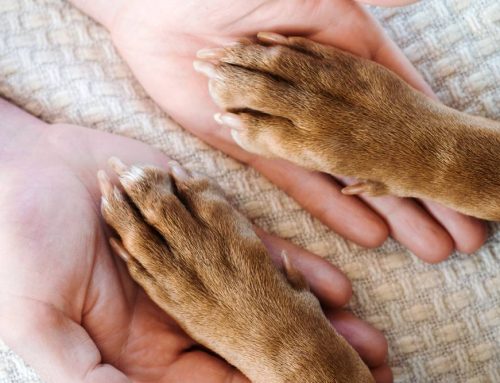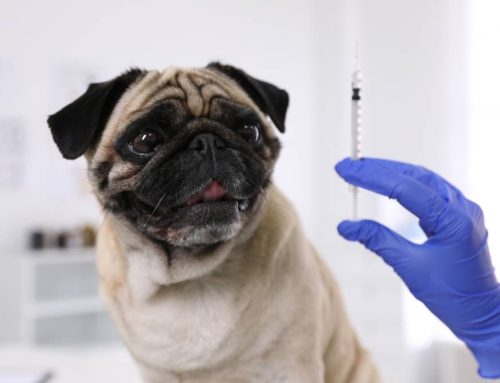What are coronaviruses?
Coronaviruses are a large family of viruses that typically affect the respiratory tracts of birds and mammals, including humans. They cause a wide range of symptoms, including a runny nose, cough, sore throat, and fever. Researchers first isolated a coronavirus in 1937 when a coronavirus was found responsible for avian infectious bronchitis that was devastating to poultry stocks.
The first evidence of human coronaviruses (HCoV) was discovered in the 1960s in the noses of people with the common cold. Two human coronaviruses are responsible for the majority of common colds: OC43 and 229E. In humans, coronaviruses are more likely to be responsible for common colds than serious diseases. However, coronaviruses can also be associated with bronchitis, pneumonia, and in recent years, Severe Acute Respiratory Syndrome (SARS), Middle East Respiratory Syndrome (MERS), and now, COVID-19.
Coronavirus in animals
Coronaviruses are common in several species of domestic and wild animals, including rodents, cattle, horses, dogs, cats, pigs, ferrets, camels, bats, and others. Some coronaviruses, such as canine and feline coronaviruses, only infect animals and do not infect humans. The word zoonosis refers to an infection or disease that is transmissible from animals to humans under natural conditions. Some coronaviruses are zoonotic in that infected animals are able to infect humans and consequently, the virus may then spread between people. This is relatively rare. However, SARS and MERS are examples of diseases caused by coronaviruses that originated in animals (masked palm civet and dromedary camel, respectively) and spread to people. The current outbreak of COVID-19 is suspected to have originated through a zoonosis, although the exact source of the virus remains unknown.
Is my pet at risk from COVID-19 and can my pet infect me?
According to the World Health Organization, there is no evidence to suggest that dogs or cats have become ill with this virus or will become a source of infection of COVID-19 in other animals or humans. In late February 2020, Hong Kong authorities quarantined one dog after the dog’s owner had tested positive for COVID-19. Samples from the dog’s nasal cavity and mouth tested “weak positive” for the virus. The dog showed no signs of illness. Authorities believe it was a case of human to animal transmission but also stress that it is not cause for alarm. Viruses can sometimes infect a species but not cause illness in that species, nor become transmissible to others. It is not currently believed that pets such as cats or dogs can pass COVID-19 to humans.
Although there have not been additional reports of pets or other animals becoming sick with COVID-19, it is still recommended that people sick with COVID-19 limit contact with animals until more information is known about the virus. If you have symptoms consistent with COVID- 19 infection or a confirmed positive test result, you should restrict contact with pets and other animals, just like you would around other people. Avoid direct contact with pets, including petting, kissing and hugging, and sharing food. If you must care for your pet while you are sick, wash your hands before and after you interact with pets. Ideally, have another member of your household care for your pets while you are ill.
Staying healthy around animals
Again, there is no evidence to suggest that any animals, including pets, livestock, or wildlife, might be a source of COVID-19 infection at this time. However, it’s always a good idea to practice healthy habits around pets and other animals as all animals can carry germs that can make people sick,
- Wash your hands after handling animals, their food, waste, or supplies.
- Practice good pet hygiene and clean up after pets properly.
- Take pets to the veterinarian regularly and talk to your veterinarian if you have questions about your pet’s health.
Concierge level pet care at Animal Care Clinic
In light of this period of uncertainty with COVID-19, we understand that there are concerns about interactions with the public. We have implemented the recommended social distancing measures in the workplace as instructed by the Centers for Disease Control and Prevention. Please see our COVID-19 Update and Safety Precautions page for more information.







Leave A Comment